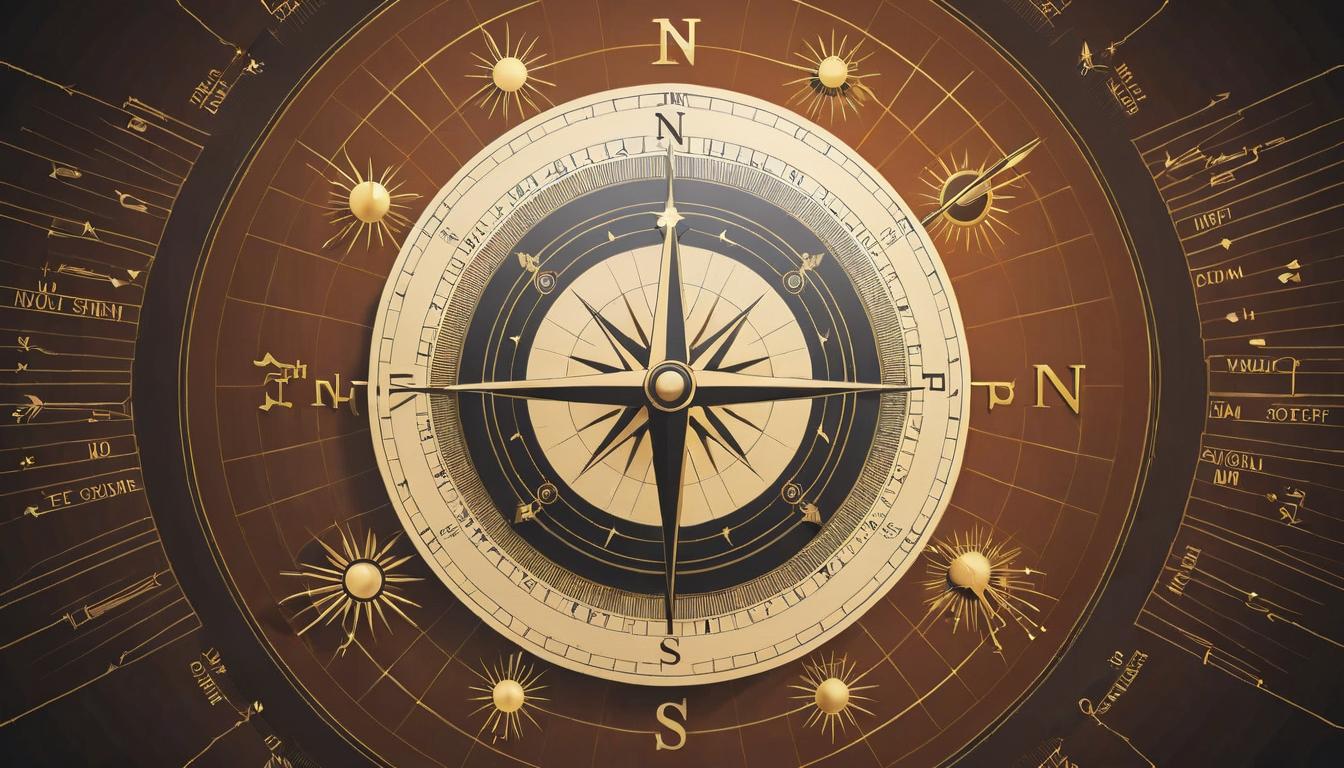I found myself standing at a crossroads in my life, the kind that doesn't appear on any map. The logical choice was clear—a stable job with benefits, a predictable path forward. Yet something deep within me screamed in protest. It wasn't a voice exactly, more like a persistent tug at my consciousness that kept me awake at night. This wasn't anxiety or fear—it was my intuition, that ancient compass we all possess but few of us still know how to read.
Our modern world has become a temple to rationality, where every decision must be backed by data, every feeling analyzed to death. We've outsourced our inner knowing to algorithms and experts, forgetting that the most sophisticated guidance system ever created resides within each of us. The irony is palpable: in an age of unprecedented connectivity, we've become disconnected from our own deepest wisdom.
What exactly is intuition? Science describes it as rapid, non-conscious processing—the brain connecting dots we didn't even know were related. Ancient traditions saw it as divine guidance or cosmic whispers. Perhaps both perspectives contain truth. When you get that gut feeling about a person before they've revealed their character, when you know which path to take without being able to explain why—that's intuition at work.
I spent months interviewing psychologists, spiritual teachers, and ordinary people who'd made extraordinary decisions based on that quiet inner voice. Dr. Elena Martinez, a neuroscientist studying intuition, explained it to me this way: 'Your brain processes about 11 million bits of information every second, but your conscious mind can only handle about 50. Intuition is what happens with the other 10,999,950 bits.' We're receiving far more information than we realize—our intuition is the mechanism that delivers the condensed version.
The problem isn't that we lack intuition—it's that we've forgotten how to listen. Our days are filled with notifications, deadlines, and endless streams of content. The constant noise drowns out the subtle signals our intuition sends. Think of it like trying to hear a whisper in a hurricane. No wonder so many people feel disconnected from their inner guidance.
Rediscovering your intuition requires creating space for silence. Not the absence of sound necessarily, but the absence of external input. This might mean meditation, walking in nature without headphones, or simply sitting quietly for ten minutes each morning. The goal isn't to empty your mind, but to become still enough to hear what's already there.
Many people confuse intuition with wishful thinking or fear. Here's how to tell the difference: intuition feels calm and certain, even when it's delivering difficult news. Fear feels urgent and panicked. Wishful thinking feels exciting but lacks depth. Intuition often comes as a knowing rather than a detailed plan—you might not know how you'll get there, but you know where you need to go.
Our bodies are remarkable intuition amplifiers. Pay attention to physical sensations when making decisions. Does a particular choice make your shoulders relax or your stomach tighten? Do you feel expansive or contracted? These bodily responses often contain wisdom our conscious minds haven't yet accessed. Many intuitive people describe their guidance as a feeling in their gut or heart rather than thoughts in their head.
Technology isn't the enemy of intuition—it's how we use it that matters. The same devices that distract us can also help us track patterns in our intuitive hits. Several people I spoke with keep intuition journals, noting when they had a strong feeling and what eventually happened. Over time, they learned to distinguish between genuine intuition and other mental chatter.
Cultural conditioning has taught us to dismiss anything that can't be measured or proven. Yet some of history's greatest discoveries came through intuitive leaps. The chemist August Kekulé discovered the ring structure of benzene after dreaming of a snake biting its own tail. Einstein famously said, 'The intuitive mind is a sacred gift and the rational mind is a faithful servant. We have created a society that honors the servant and has forgotten the gift.'
Developing intuition is like strengthening a muscle—it requires consistent practice. Start with small decisions. Which route should I take to work? What should I eat for lunch? Notice when you get those subtle nudges and follow them. Keep track of the results. You'll be surprised how often your intuition guides you toward better outcomes than pure logic alone.
The most profound lesson from my investigation is this: intuition isn't about getting everything right. It's about being in conversation with a deeper part of yourself. Even when an intuitive choice leads to unexpected challenges, there's often growth and learning that wouldn't have occurred otherwise. The woman who left her corporate job to start a bakery might have struggled initially, but she told me, 'I've never felt more alive, even on my hardest days.'
In a world that values speed and certainty above all else, intuition offers a different way of navigating—slower, more nuanced, but ultimately more aligned with who we truly are. It's not about rejecting logic, but about marrying it with wisdom from a deeper source. The most fulfilled people I encountered weren't those who made the safest choices, but those who learned to trust that quiet voice within.
As I write this, I'm no longer at that crossroads. I took the path my intuition suggested, though I couldn't have explained why at the time. The journey hasn't been easy or straightforward, but it's been mine. And that, I've come to understand, is what intuition ultimately offers—not a guarantee of success, but the certainty that you're living your own authentic life, not someone else's version of it.
The forgotten art of listening to your intuition in a noisy world

